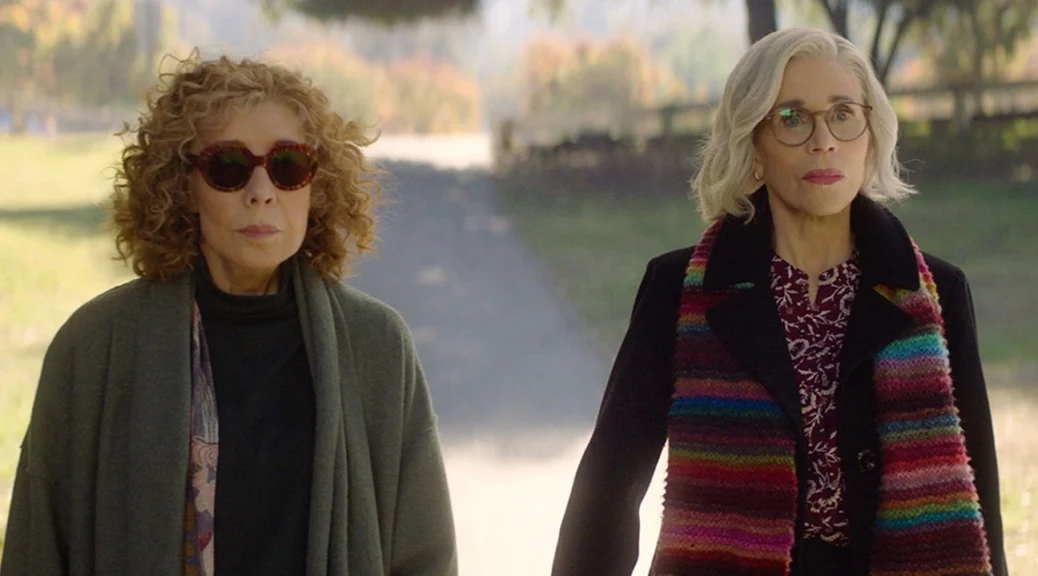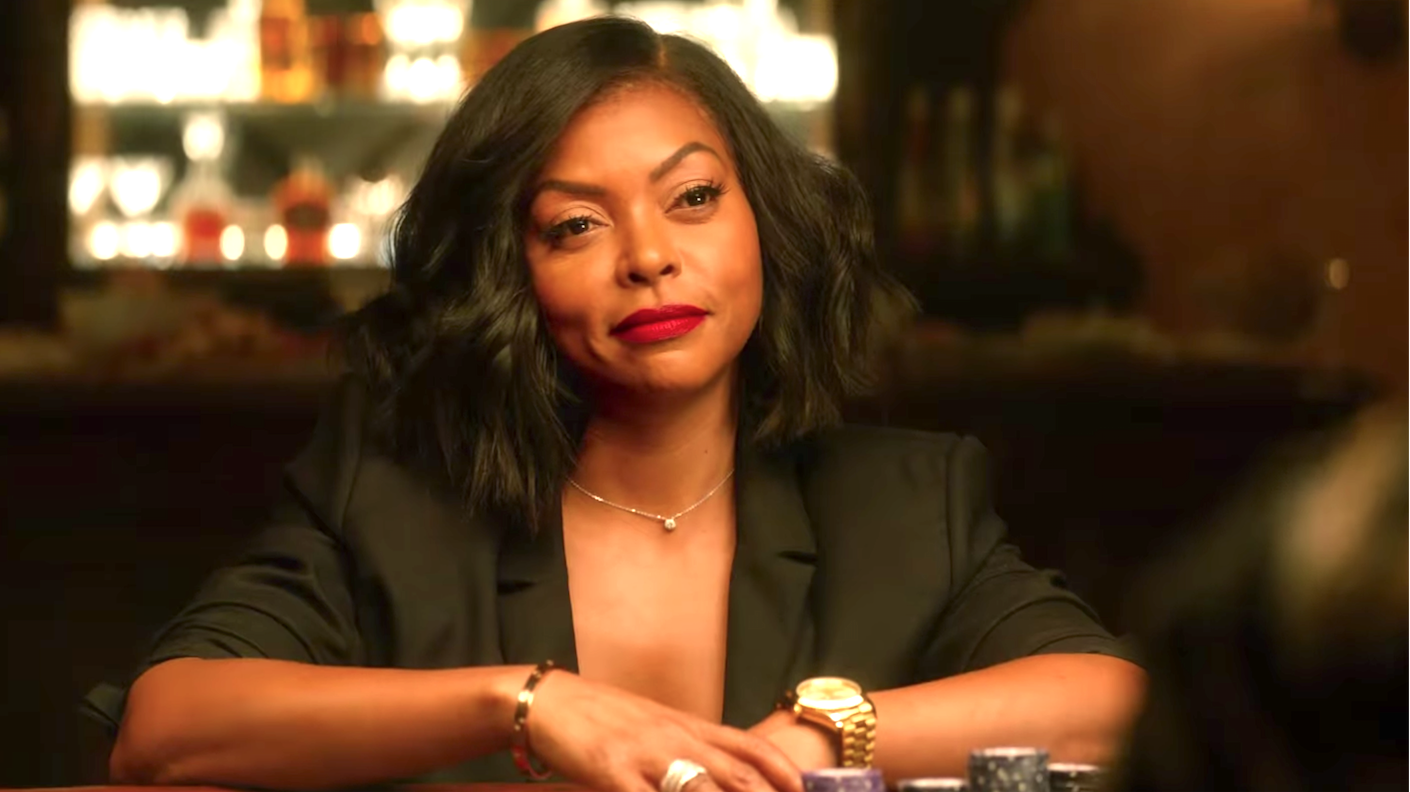Thelma
by George Wolf
Within the first few minutes of Thelma, writer/director Josh Margolin establishes two important things: 1) 90+ year-old Thelma (June Squibb) and her twenty-something grandson Danny (Fred Hechinger) share a sweetly authentic relationship, and 2) we’re not here to simply laugh at old people eating hot wings or talking dirty.
The laughs are here, but they are lightly organic and relatable across generational divides, consistently peppered around a kinda sorta heist caper and the search for a getaway scooter.
After getting computer lessons from her helpful and patience grandson, Thelma receives a convincingly scary phone call. The boy on the line sure sounds like Danny, and he says he’s been arrested. Then an authoritative voice (Malcolm McDowell) takes over, telling Thelma to cough up $10,000 for her grandson’s quick release.
Danny, and his parents (Parker Posey and Clark Gregg) eventually sort out the scam, but not before Thelma has dropped the cash in a mailbox. The police don’t offer much help, so Thelma sets out to “borrow” her friend Mona’s (Bunny Levine’s) gun and her other friend Ben’s (the late Richard Roundtree) tricked out scoot, and go get her 10k back.
Yes, Ben worries that they’re “old, diminished,” and Thelma laments that most or her friends are “dead, got sepsis or moved to Cleveland.” But they’re not the only ones struggling with their current phase of life. Danny is full of anxiety about his move into adulthood, his parents can’t seem to let go, and Margolin makes sure the message here is that we all have our good and bad days.
“And what’s today?” Ben wonders.
“We’ll find out!” Thelma is quick to reply.
Squibb is an absolute delight (shocker!), and her pairing with the distinguished Roundtree makes for an irresistible duo of vigilantes. Posey and Gregg supply some effective slapstick, and Hechinger (so good in News of the World) impresses again as a young man who worries that caring for his grandma may be the only thing he’s really good at.
Thelma is Margolin’s feature debut, and it displays a fine flair for madcap comedy that comes with a crowd-pleasing, easily digestible message. You’ll be laughing with Thelma, not at her, and that’s an important difference that Squibb rides all the way to the ATM.



